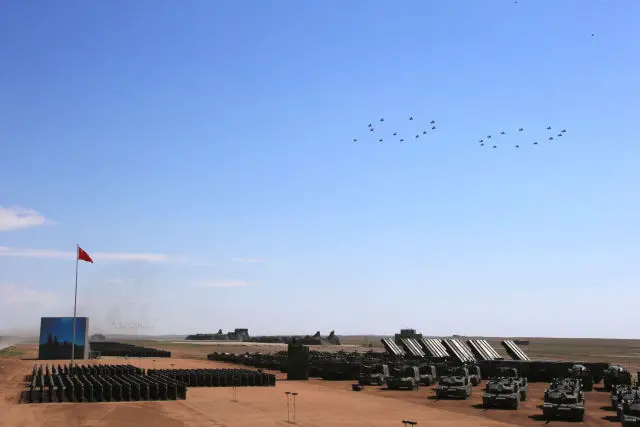As the 2017 BRICS summit draws closer, voices suspicious of the bloc's sustainable growth and prosperity have emerged. Some Westerners speculate that the BRICS luster is fading as some members are witnessing stagnant growth or are mired in trade spats and political tensions. The West has long kept a strict vigilance over cooperation among non-Western countries. Regarding BRICS as a mechanism designed to confront the G7 group, Westerners attempt to take advantage of the bloc's economic slowdown to cripple its political influences. This is a typical zero-sum mentality.
As a bloc of emerging economies, BRICS was formed for economic aims, rather than the need to contain the West. Despite divergences on a number of issues, all BRICS members attach great importance to their ties with the West, and even Russia, overshadowed by Western sanctions for years, has been actively seeking to improve its relations with Europe and the US. The West cannot take divergences as BRICS' confrontation against it.
The bloc has seen expanding cooperation and increasingly perfected its mechanisms in the past 10 years since its establishment. This forcefully refutes Western suspicions over BRICS' future. Admittedly, emerging economies have been perplexed by a growth deceleration in recent years, and some countries, including Russia and Brazil, are struggling with a "resource curse," but, under the background of a global economic recession, BRICS has a much better development than the West. The bloc presently contributes to 52 percent of global economic growth and its share of global GDP has risen from 12 percent to 23 percent in the past decade, according to China's Ministry of Commerce.
Apart from their economic contributions, BRICS countries have established comprehensive cooperation mechanisms on the basis of equal consultations. With strengthened collaborations in politics, security and culture, the bloc is more influential on anti-terrorism, climate change and other global issues. BRICS' innovations in the pattern of global governance have supplemented and perfected the current system. That emerging economies will play a more important role in optimizing international governance structure and establishing a fairer global order is an irreversible trend. In addition, with abundant natural resources, huge domestic markets and flexible policies, BRICS countries will play a larger part in the world's economy, global governance, security and culture.
BRICS is undergoing a number of developmental difficulties, for instance, the imbalance in industrial structure and trade. But it is natural to have problems. It is these developmental quagmires that prompt BRICS countries to strengthen cooperation and perfect global governance. The West should view BRICS development with rationality. Instead of deliberately voicing pessimism, Western countries should expand cooperation with emerging economies for win-win results.
By Liu Lulu
(GLOBAL TIMES)
 简体中文
简体中文





